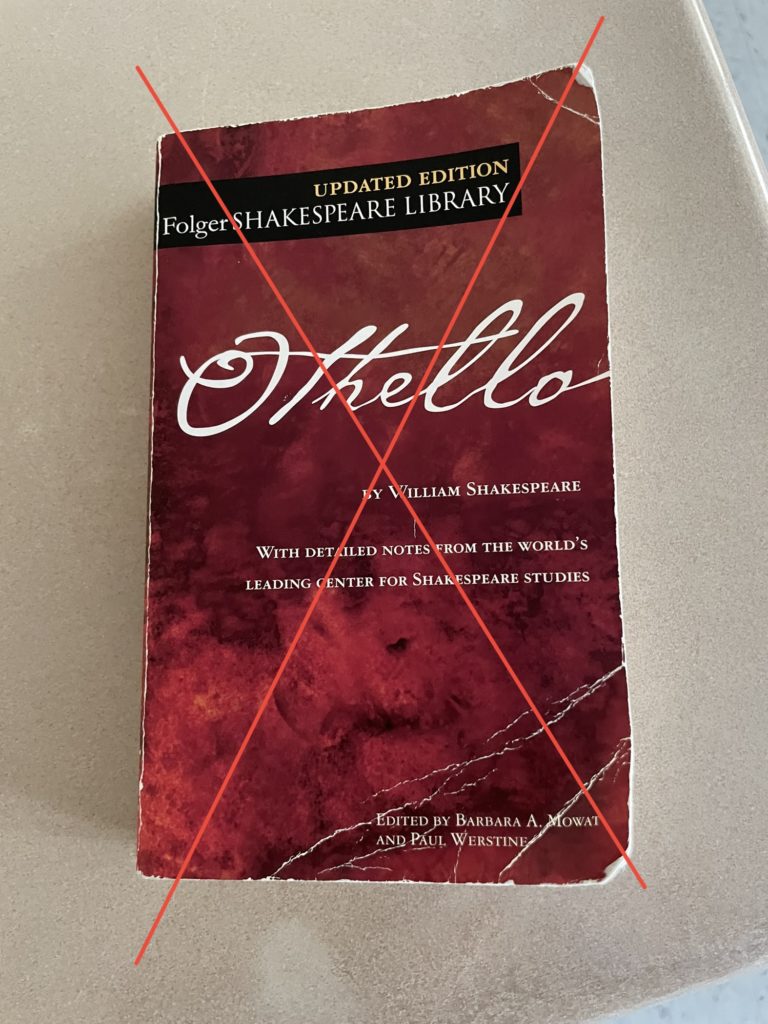Many of my teachers, specifically my English teachers, have taught me that traditions aren’t valuable merely because they are traditions.
Instead, they have taught me that SOME traditions are valuable because of what they are, and that if a tradition is no longer valuable, there is no reason to keep it.
Yet they all still love Shakespeare.
William Shakespeare was obviously an incredible author and literary genius, but I see very little value, if any at all, in having students stumble through his works. The reason for this is that his works are incredibly difficult to read and fail to maximize the amount of education students can gain from reading.
I remember beginning my English career at AT reading Romeo and Juliet. The old, British english left my classmates and I with little usable vocabulary and an even littler clue about what was going on in the story, whose plot was completely irrelevant to anything we might experience in modern day. As I progressed through more English classes, I found the same to hold true. Ancient, dull, and confusing words filled the pages which were supposed to foster literary growth for me and my peers. Reading Shakespeare’s works became more of a chore than something that was supposed to make us love to read.
That’s not to say all literature is abhorred by high school students. I for one have been touched by several books during my four years at AT. Books like the Outliers, I Am Not Your Perfect Mexican Daughter, and Born a Crime have really made me think. I have learned about other cultures, American culture, and so many other concepts that are applicable to my life and the life I will live after high school.
Older literature is often valuable to students as well. The Great Gatsby taught me a lot about different perspectives on the American Dream and changed my view on the concept of perfection. I have used what I learned from Gatsby in school as well. It led me to my score of the AP Lit test and I have referenced its ideas in college applications.
Shakespeare is different. The story lines have little relevance to our lives today. The English is so difficult that students’ goal shifts from being able to gain vocabulary to being able to merely decipher the meaning of the words. And the cultural ties aren’t accurate.
Othello, for example, takes readers through the life of a man in Italy, but fails to properly exhibit Italian culture. Shakespeare tried to relay a complex Italian culture from his desk in London. Not even the characters’ names are authentic. Other works of literature frame culture from a first person perspective.
Hamlet is another example of value that has been surpassed by other literature. While Shakespeare makes a strong statement about depression and emotion in the play that was undoubtedly incredibly enlightening to his original audience, other works teach this lesson in a way that better enriches students’ understanding of this complex topic.
Shakespeare’s literary value for students is diminished by literature that has trumped its ability to enrich students’ English skills and enlighten students on topics that are incredibly important.
These topics, which are often best expressed through literature, can not be palliated in the name of maintaining tradition. Shakespeare’s modern accolades are a result of nothing more than a respect for the past and reverence for a man who once expressed important concepts to the world. It’s time to strike literature that is not the most valuable for our students. It’s time to delete outdated traditions.
O Shakespeare, Shakespeare, wherefore art thou merit?


